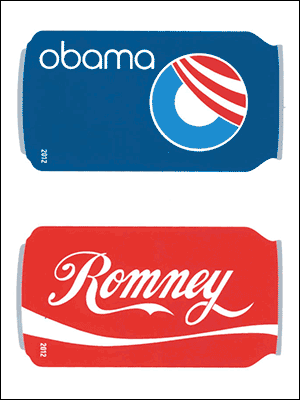Activist Post | November 9 2012
 After months of rhetoric and political campaigning, the smoke has finally cleared on the media frenzy that is the US Presidential Election. Once the winner of the race was announced, supporters at the Obama Campaign headquarters in Chicago jubilantly celebrated.
After months of rhetoric and political campaigning, the smoke has finally cleared on the media frenzy that is the US Presidential Election. Once the winner of the race was announced, supporters at the Obama Campaign headquarters in Chicago jubilantly celebrated.
The haze of American flags, pop music, and confetti worked wonders to mask the absence of any real political substance throughout the election process.
Cheering supporters shouted “four more years” as President Obama took to the stage to deliver his victory speech – complete with highly emotional grandiloquence, two mentions of the US military being the strongest in the world, and of course – a joke about the family dog.
After an exorbitant $6 billion spent by campaigns and outside groups in the primary, congressional and presidential races, Americans have reelected a president better suited for Hollywood than Washington. A 2010 ruling by the US Supreme Court that swept away limits on corporate contributions to political campaigns has paved the way for the most expensive election in American history, in the midst of an economic crisis nonetheless. [1]
In the nation that gave birth to the marketing concept of branding, it is to be assumed that politicians would eventually adopt the same techniques used to promote consumer products – enter Obama.
After eight years under the Bush administration, America desperately needed change. Instead of any meaningful structural reform, America ushered in a global superstar whose charm and charisma not only resuscitated American prestige, but also masked the continued dominance of deregulators, financiers, and war-profiteers.
Obama’s most valuable asset is his brand, and his ability to channel the nostalgia of transformative social movements of the past, while serving as a tabula rasa of sorts to his supporters – an icon of hope who is capable of inspiring the masses and coaxing them into action – despite the Obama administration expanding the disturbing militaristic and domestic surveillance policies so characteristic of the Bush years, and channeling never before seen authority to the executive branch.
